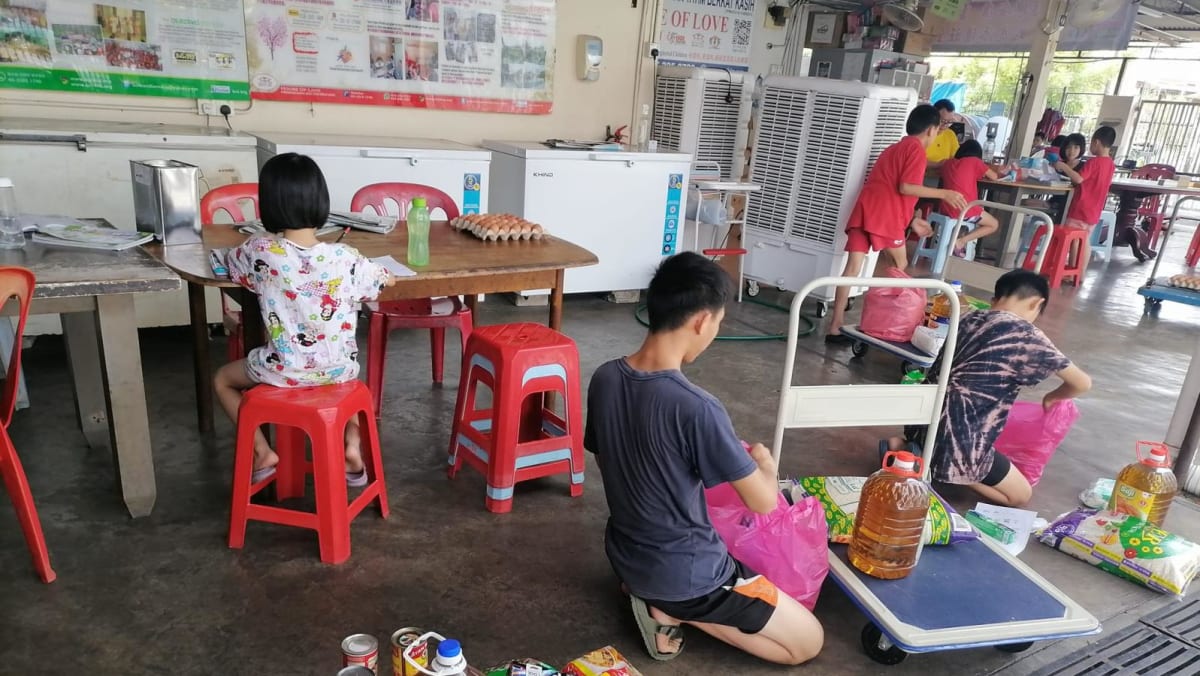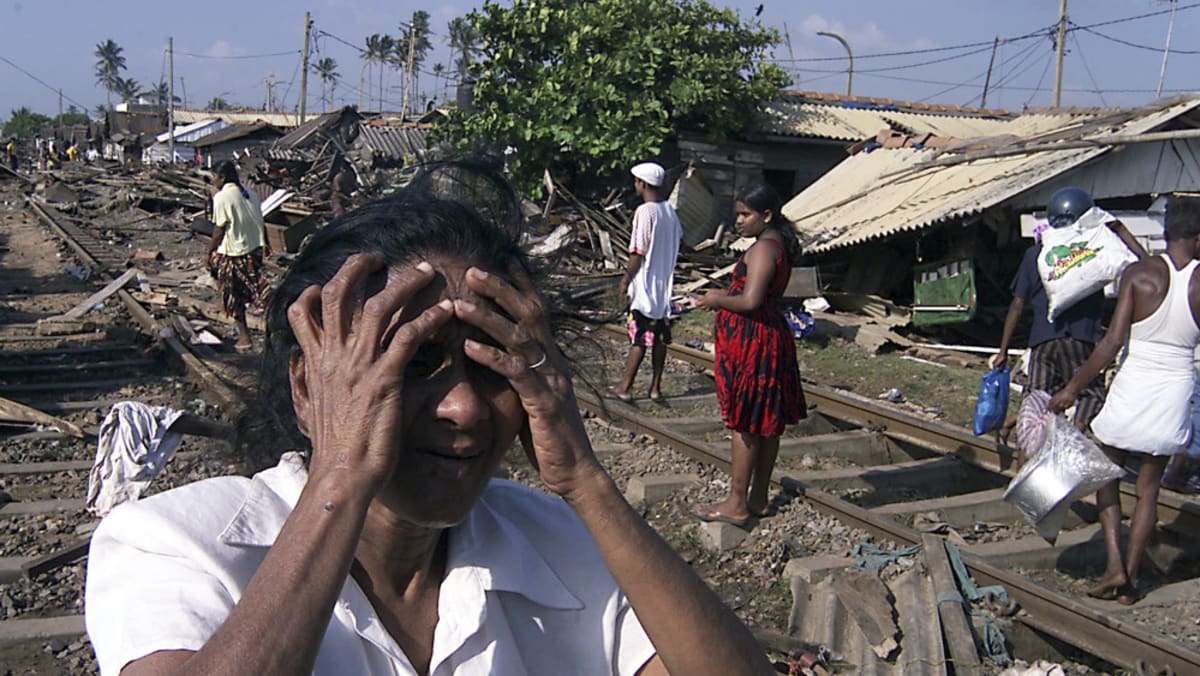‘Don’t make use of us’: Operators of children’s shelters in Malaysia lament some parents who leave kids behind

Parents who intend to send a child to House of Love are first interviewed to determine if they are really incapable of caring for the kid, said Dr Pang.
“If I sense an attitude problem (with the parents), I will tell them straight away that I won’t take in the child,” he said.
Sometimes, he urges parents to take back their children earlier than expected if he sees signs that they actually have the means to raise their kids.
“I help the children, but they’re (the parents) not helping themselves. They go to nightclubs, they don’t save the money they earn. You can see it,” he told CNA.
In one case, Dr Pang instructed a mother to take back her 10-year-old daughter after the girl spent three years at House of Love as he saw that the mother had enough free time.
The daughter, now 16, has matured well, Dr Pang said. She helps her mother with the housework and is doing fine in her studies.
“Of course, we got the experience to see the parents’ attitude and intention. If the intention isn’t good, I wouldn’t allow the kid to go back,” he said.
This is also why Dr Pang is wary of easily rejecting applications to send kids to his home, fearing that the children would suffer if he insists on parental responsibility.
He estimated that he has rejected about 30 to 40 applications since House of Love started operations.
“If not because of protecting kids’ rights, I would not have started this orphanage,” he added.
ORPHANAGES SEEING MORE KIDS
Ms Jennifer Arokiam, chairman of the Rainbow Children’s Home in Ipoh, said she gets about four to five cases each year of parents trying to send their children to her home for reasons that are not justifiable.
“We don’t help them; we only help those who really need help with caring for their children. Like those who are needy, or those who cannot be cared for by any party, including grandparents,” she told CNA.
“Some come to us and merely say their child is naughty. We tell them this is not a home for naughty children. If I help everyone, I won’t have enough space.”
Ms Arokiam said her home currently has 20 girls, a 20 per cent increase since last year. The girls – aged four to 19 – mainly came from parents who separated or lost a spouse to prison or death.
When asked if these parents also have financial difficulties, Ms Arokiam said some of them have jobs but still send their child away.
“They don’t even help us and visit their children. Even when their children go to school, they don’t give us any (monetary) assistance even though they are working,” she said.
Source: CNA















